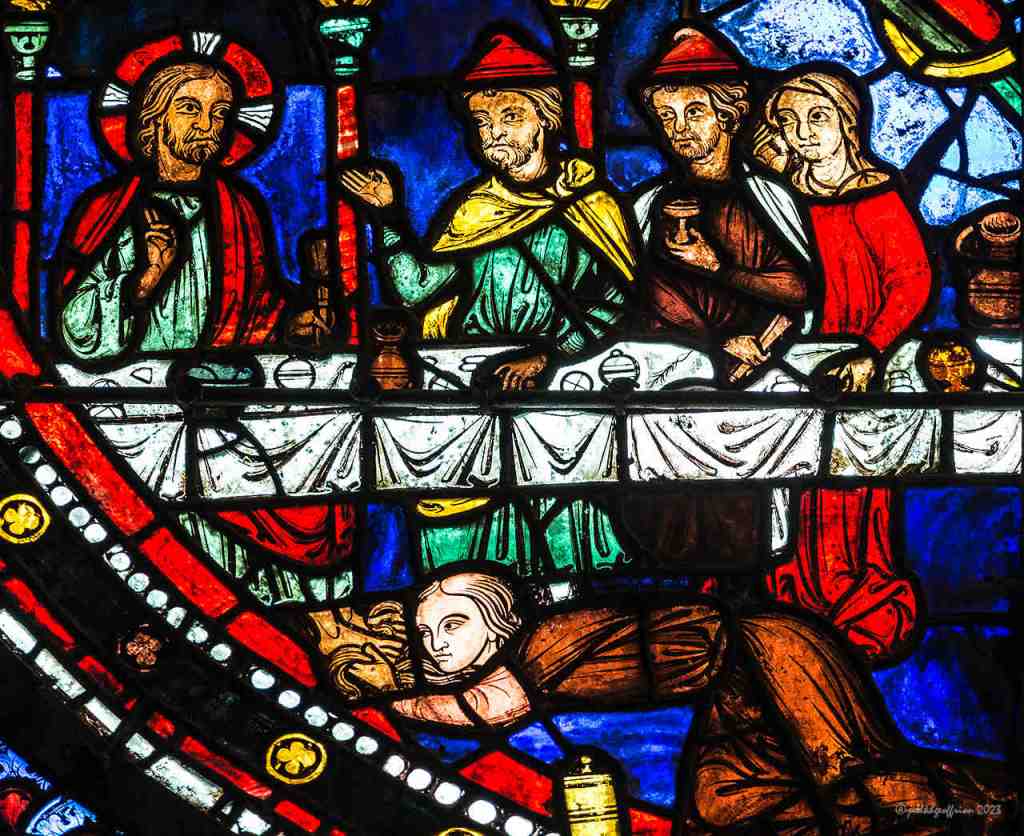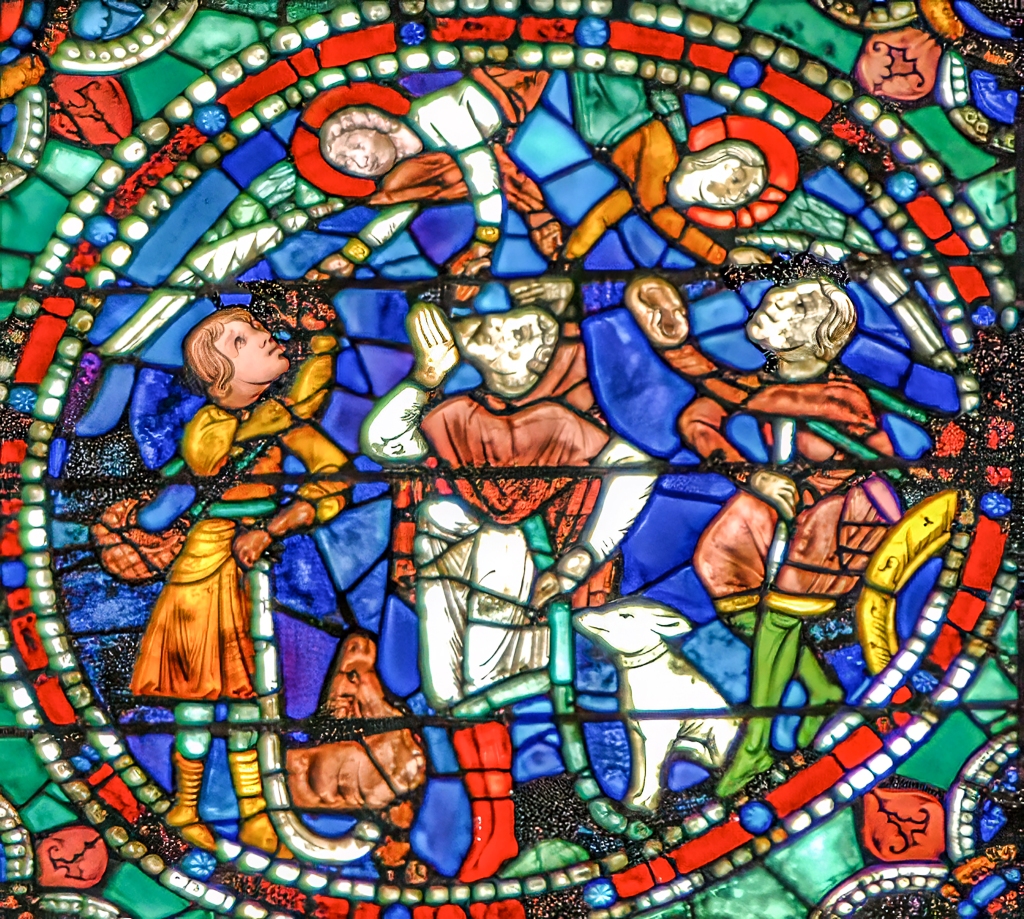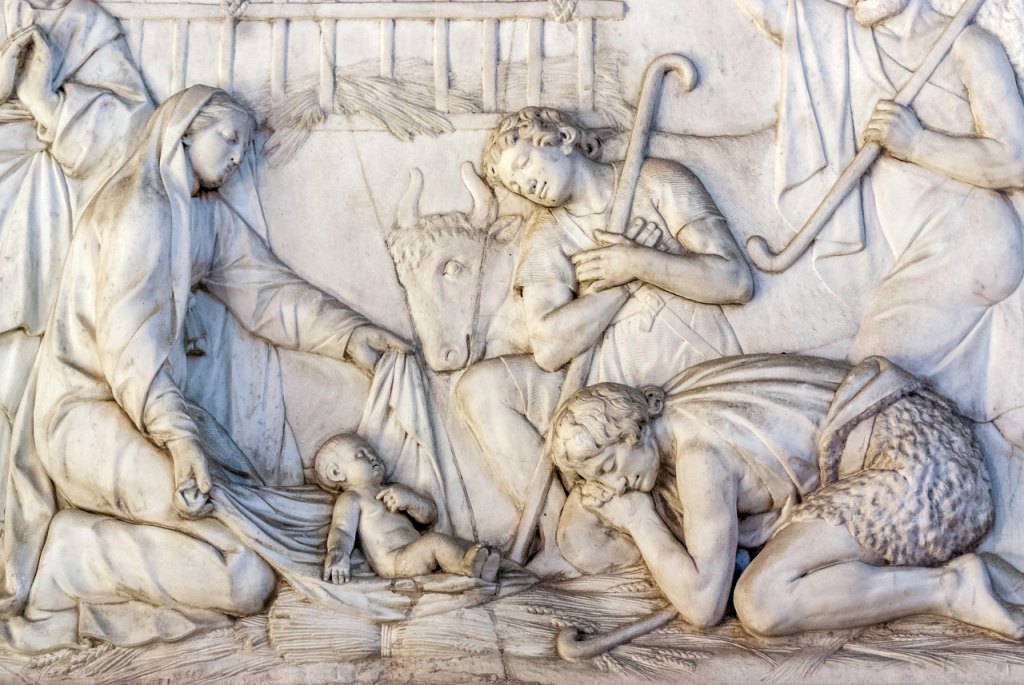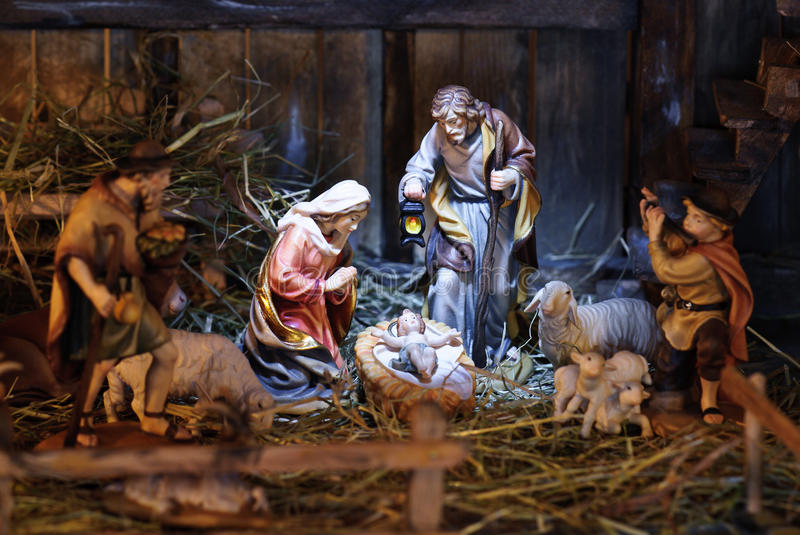…honestly, yet hopefully
[Four minute read]
Sometimes, all we have is our tears. Sometimes, only our rage.
One of my former students, now a pastor, texted me with some tragic news recently. His village had been bombed. Several were killed or injured. For many, everything they owned went up in flames. More than 200 homes now lie in ruins, including his own. As is true for some three million people throughout Myanmar, most of the people have sought shelter in an internally displaced persons (IDP) camp or have fled the country. Their village has become a ghost town.

How are they going to survive? How are they going to cope psychologically, emotionally, and spiritually? What will be the long term of effect of such trauma and loss?
I think about these questions almost daily. Serving in Myanmar, Thailand, and the Democratic Republic of the Congo, has forced these concerns into my consciousness in ways I couldn’t imagine as a child, growing up in a comfortable, middle-class Midwestern town in the United States.
I’m sure the ancient Israelites were asking themselves the same questions during their exile in Babylon (6th Century BC). They had been conquered by an invading army. They were forced from their beloved villages and country. They had lost everything that was “home” to them and were now captives in a foreign land. As far as they could see, they had no hope. No future.
How did they cope emotionally, psychologically, and spiritually? How did they grieve their great loss?
In Psalm 137, the psalmist provides a snapshot of one moment in their grief process.
“By the rivers of Babylon—there we sat down and there we wept when we remembered Zion…. O daughter Babylon, you devastator! Happy shall they be who pay you back what you have done to us! Happy shall they be who take your little ones and dash them against the rock!” (Psalm 137: 1, 8-9, NRSV)
According to the famous psychiatrist, Elisabeth Kübler-Ross, those who suffer significant loss typically move through five stages of grief: denial, anger, bargaining, depression, and acceptance (On Death and Dying, 1969).
- “Denial” is when you are still in shock or just can’t get your head around what just happened or what bad news the doctor told you is going to happen.
- In “Anger,” you rage, sometimes quietly, sometimes loudly. You never dreamed that something like this would happen to you. And if someone betrayed you or let you down—whether it is yourself, someone else, or God—you might be really angry about it, and wind up lashing out with hateful or violent words to hurt whomever you blame for your loss.
- In the “Bargaining” stage, you might obsess on how you might have prevented the tragedy. “If only I had done [this or that] ….” Or, if you’re grappling with bad news for the future, you may make desperate promises to yourself, to others, or to God. “I promise I will do better….” hoping to somehow prevent the inevitable.
- In “Depression,” the horrible truth has finally sunk in, but it may feel like too much to bear. Your energy and drive are gone. You may be plagued with guilt, shame, or despair. You may not even want to get out of bed in the morning.
- Fortunately, depression need not be the final stage in grief. For most people, at some point, there comes “Acceptance.” Here, you finally accept what you cannot change in the past or something that is going to happen. You may retain an emotional tie to someone or something you have lost, but the bond you feel ceases to be debilitating. Your strength and motivation to live return.
I don’t know for sure which stage the ancient Israelites were in when Psalm 137 was written. It’s obvious they were in a lot of pain, and they certainly weren’t at the acceptance stage. They were still weeping and raging. The psalmist was even dreaming of vengeance, comforting himself with fantasies such as dashing his enemy’s infants against rocks (137:8-9)!
Some people are shocked or offended that such sentiments are recorded in the Bible. But I’m not. I appreciate the psalmist’s honest expression of grief, even in its ugliest stages. In low moments, that’s how I think and feel sometimes, too. But, by God’s grace, I don’t stay stuck there.
When I feel distraught or full of rage, I let myself feel my feelings. I don’t condemn myself for feeling this way, but I remind myself that seething with anger is not the final stage of grief. I don’t need to get stuck there, nor do I want to go through life being angry all the time. When I’m tempted to try to bargain with myself or God, I try to catch myself if I’m spinning in circles ruminating about the past or if I’m making promises to God that I can’t keep. I have compassion on myself, knowing I’m just trying to east my pain; but I remind myself that the sooner I let go of irrational, unhelpful thought patterns, the better.
When it come to the depression stage, sometimes, I just need to feel sad. Like my anger, sadness means that I cared a lot about whatever was (or will be) lost was (is). Yet, here, too, I don’t want to spend the rest of my life feeling sad. Depression is not my destiny. I can choose to believe that God is present and at work in my life for good. I don’t blame God for whatever evil I’m experiencing. Rather, I reach out to God for connection, perspective, and ability to face my loss. And when I do, the tide of painful, harsh, or crushing emotions begins to recede. God’s peace slowly fills the craters in my soul.
After Jesus’ horrific killing, followed by his astonishing resurrection, the time came for him to say goodbye to his disciples. One more loss for the disciples. Yet, listen to Jesus’s final words to them, according to the Gospel of Matthew. (28:19-20)
In short, Jesus urged his disciples to look forward, not backwards. He told them to focus on their calling, which in their case was to preach, teach, and demonstrate the truth of the Gospel. And he assured them that they would not be alone. “And surely,” Jesus promised, “I am with you always, to the end of the age” (Matt. 28:20b).
I don’t know what kind of loss you might be grieving right now, or what stage of grief you might be in. But based on my experience and the teaching of the Bible, I can assure you there’s more to your life and future than whatever you’re experiencing at the moment. It won’t always feel this awful. There will be a better day. No matter what you may have lost, you still have an important purpose in life. There’s work for you do—people who need your love and care. Other grieving or struggling wayfarers, who need a word of encouragement or simply a helping hand. Those who do not know the hope of an enduring relationship with God through Jesus.
So, grieve your own losses honestly. Be compassionate and patient with yourself as you work through the various stages of grief. Yet also remain hopeful. You are not alone, and Jesus Christ has called you to share in his ministry of love in this broken world full of so much sorrow and pain.














